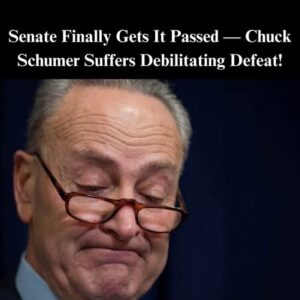Former President Barack Obama has spoken publicly about the assassination of conservative commentator Charlie Kirk, calling the killing a “horrific tragedy” while also using the moment to address what he sees as a deeper political crisis. Speaking at an event in Erie, Pennsylvania, Obama said that although he disagreed with many of Kirk’s views, he mourned his death and extended sympathy to the Kirk family. His remarks marked one of the most high-profile responses from a Democratic leader since the shooting, underscoring the national significance of the case.
Obama’s statement was both personal and political. On one hand, he condemned the violence and said that no American should lose their life because of political differences. On the other, he linked the tragedy to what he described as a culture of extreme rhetoric that has intensified in recent years. According to Obama, hostile language used by public officials has contributed to a toxic political climate that makes violence more likely. His warning placed responsibility on leaders across the political spectrum but singled out the current administration’s tone as especially harmful.
The comments quickly drew a sharp response from Trump allies, who accused Obama of exploiting Kirk’s death to score political points. A White House spokesperson criticized Obama’s remarks, arguing that he lacked self-awareness given the political tensions that also existed during his presidency. They insisted that the administration is not to blame for the shooting and accused Obama of deepening division rather than helping to heal it. The rebuttal highlighted the ongoing rivalry between the two men and underscored how even moments of national mourning can become points of political contention.
Observers noted that Obama’s approach reflected a longstanding theme of his public life: a call for unity in the face of division. However, critics argued that by mentioning Trump directly, he risked turning a solemn moment into another battle in the partisan wars. Supporters countered that ignoring the broader political environment would have been irresponsible, especially given the role heated rhetoric can play in shaping attitudes and behaviors. The exchange revealed the challenge of addressing national tragedies in an era when nearly every statement is filtered through partisan lenses.
For many Americans, Obama’s remarks raised difficult questions about the relationship between political speech and political violence. While there is no evidence that statements from public officials directly influenced the suspect in Kirk’s killing, the climate of hostility remains a concern. Political scientists and security experts have long warned that inflammatory rhetoric can create an atmosphere in which individuals feel justified in resorting to violence. Obama’s decision to highlight this issue in the context of Kirk’s death ensured that the debate would not fade quietly.
As the investigation into Kirk’s assassination continues, the focus on political discourse shows no sign of abating. Obama’s remarks and the White House’s response reflect a larger national struggle over how to balance free expression, accountability, and the responsibility of leaders to de-escalate tensions. For Kirk’s family and supporters, the immediate concern remains justice for the accused shooter. Yet for the nation as a whole, the fallout from Obama’s speech has ensured that the tragedy will be remembered not only for the life lost but also for the questions it raised about leadership, unity, and the dangerous consequences of division.





